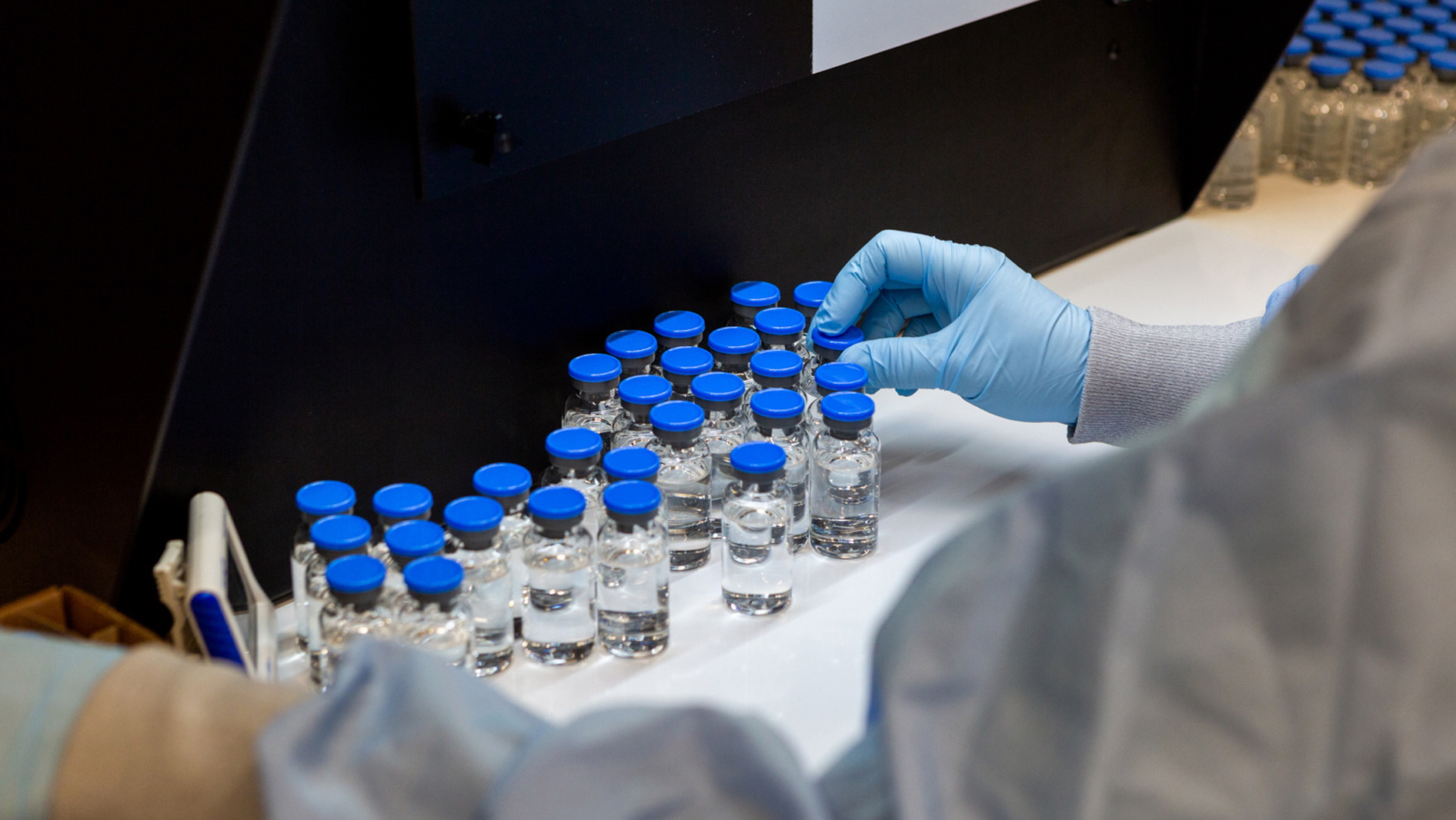Gilead finds survival boost with remdesivir with unorthodox analysis

Gilead says an analysis of clinical trial and retrospective real-world data suggest remdesivir can improve survival in severe COVID-19 infections, but adds controlled studies are needed to confirm the finding.
In the study, Gilead took data from its phase 3, 312-patient SIMPLE-Severe trial – which showed that a five-day course of remdesivir was as effective at achieving clinical improvements as a 10-day course.
It then compared patient outcomes from that trial with a cohort of 818 patients hospitalised around the same time with severe COVID-19 – with similar characteristics and disease severity – who received standard supportive care.
Remdesivir treatment reduced mortality by 62% compared to standard care after two weeks, with a death rate of 7.6% with the drug versus 12.5% for standard care. That’s a 39% reduction on paper, but Gilead said it arrived at the higher number using statistical techniques that took into account factors like age, race, sickness at enrolment and underlying medical conditions.
Gilead said it was an “important finding,” but critics quickly pointed out however that comparing controlled trial and real-world data retrospectively isn’t good practice and might be misleading.
Others suggested the analysis was reasonable to carry out in the context of a global pandemic, while Gilead suggested it should be viewed as an “adjunct” to the clinical trial data with the drug.
Former FDA Commissioner Scott Gottlieb tweeted that the finding is “very encouraging but needs to be confirmed in a prospective trial.”
Meanwhile, Peter Bach, a pulmonary physician and intensive care specialist at Memorial Sloan Kettering Cancer Centre in New York, said there were fundamental problems with Gilead’s approach as so little is yet known about the coronavirus.
[embed]https://twitter.com/peterbachmd/status/1281589635907543040[/embed]
Gilead’s drug emerged as the clear front-runner among potential COVID-19 drug therapies in the early weeks of the epidemic, thanks to data showing it could reduce the duration of hospitalisation from 15 to 11 days that resulted in its emergency use authorisation in the US.
While the ACTT-1 trial of the drug that found that benefit also showed a trend towards improved mortality – 7.1% deaths on remdesivir versus 11.9% with placebo – the drug hasn’t been shown to improve death rates by a statistically significant margin in three controlled trials.
As a result it was quickly overshadowed however when the large-scale RECOVERY trial showed that generic steroid dexamethasone cut the death rate for the most seriously-ill patients – those with an inflammatory cascade causing damage to the lungs – by 41% at 28 days.
In a subsequent tweet, Bach said that Gilead’s press release and observational data on remdesivir “provides no further insight” on the benefits with the drug, saying that a trial comparing dexamethasone plus remdesivir to dexamethasone plus placebo should be carried out.
Other findings from Gilead’s new data were that adding the antimalarial drug hydroxychloroquine to treatment didn’t improve on remdesivir alone, and there were some indications that hydroxychloroquine had lower rates of recovery.












